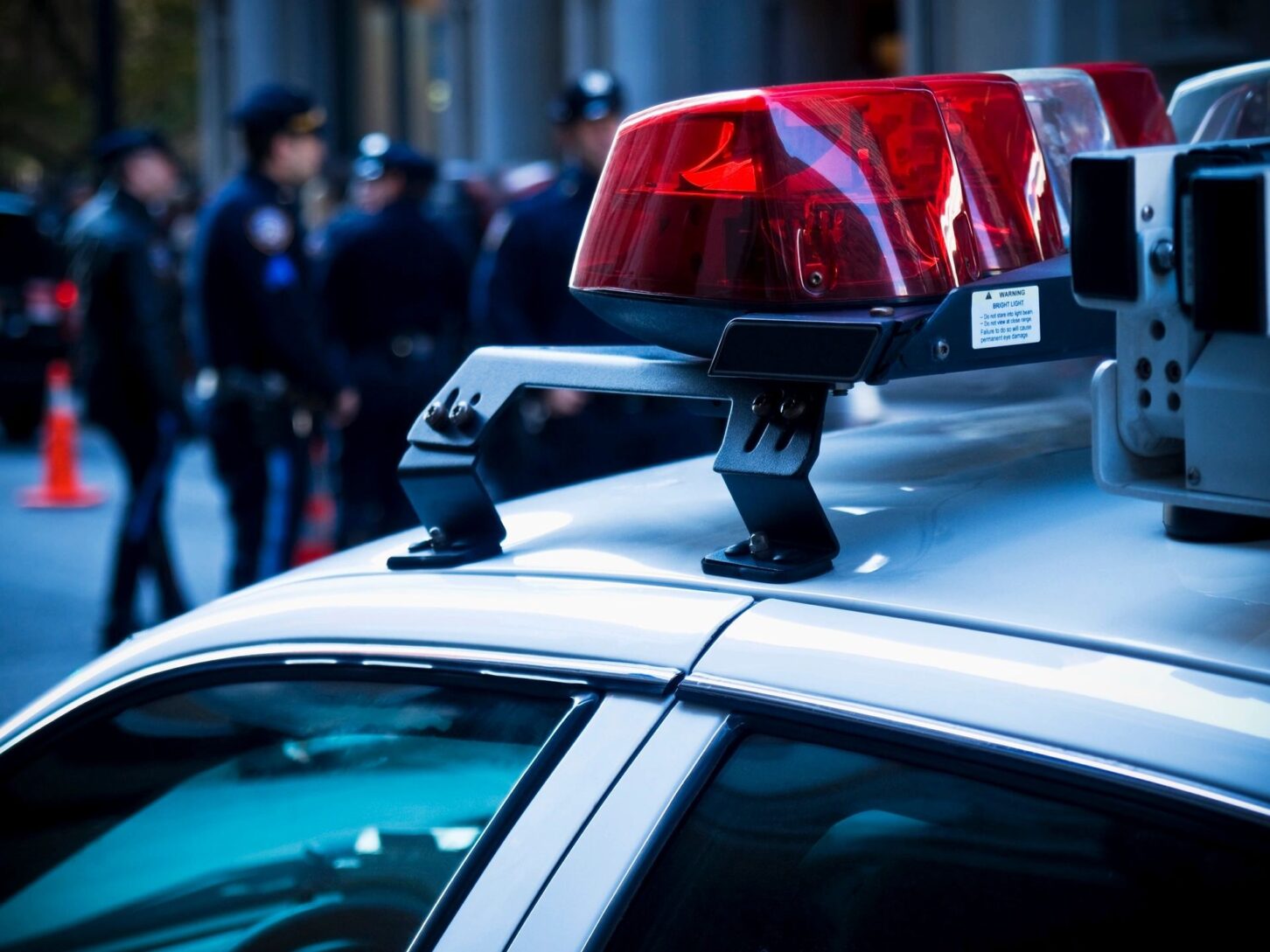
“If he is faithful to his union, he may have to be unfaithful to the public.” – President Franklin Roosevelt
The death of George Floyd ignited outrage across America once video emerged of Minneapolis police officer Derek Chauvin kneeling on Floyd’s neck. Protests and social media campaigns were launched to raise awareness of racial injustices towards black citizens and demand reform of the policing system.
Effective reforms may be difficult, however, because of police unions.
Labor unions exist to represent their members by improving wages, benefits, workplace conditions and other labor-related issues, often in the form of collective bargaining and lobbying. While various police unions exist across the United States, the largest is the Fraternal Order of Police (FOP), with more than 2,000 local chapters.
Beyond achieving the traditional labor union wins of wage and workplace improvements, the collective bargaining powers of police unions have dangerously expanded and created problematic issues regarding internal regulation. For example, police unions can shield officers accused of misconduct by providing access to evidence ahead of interviews, delaying officer interrogations, and limiting consideration of previous complaints, investigation length, anonymous complaints and civilian oversight.
This often shields police officers with repeated complaints from investigation and forces taxpayers to continue to fund officers who are harming their community. Prominent examples include Lt. Bob Kroll, the head of the Minneapolis Police Union (29 complaints for excessive force and racial discrimination) and Officer Chauvin, accused in Floyd’s death, who had 18 civilian complaints filed.
This happens because 46 states (excluding Georgia) allow collective bargaining by public safety officers. Even without collective bargaining, however, misconduct investigations still have barriers due to the “code of silence” culture among law enforcement officials. This often makes it difficult to find officers willing to testify during a misconduct investigation.
Police unions have also been behind numerous attempts to stop legislative reform. Among legislation stopped by lobbying on behalf of police unions are physical fitness standards, civilian oversight boards, demilitarization efforts, prohibitions on no-knock warrants, and ending qualified immunity. Historically, these efforts have swayed politicians regardless of party affiliation: Even in liberal-leaning states such as California, officers are shielded from accountability and commonsense reforms by the Peace Officers’ Bill of Rights.
The influence of police unions was apparent in Georgia’s 2020 legislative session, when increased protections for police were simultaneously passed with Georgia’s hate crimes legislation.
By preventing community-oriented reforms, police unions allow mistrust and tension to grow, creating a dangerous position on both sides. According to the Cato Institute’s 2016 Criminal Justice National Survey, around 49% of Americans believe “most” police officers think they are above the law and 46% of Americans say police are not generally held accountable for misconduct. These statistics paint a clear picture of a negative relationship between citizens and police, and without reform these numbers will continue to grow.
President Trump’s executive order banning chokeholds, creating independent credentialing bodies, and encouraging the use of social workers was a positive step toward reforms. The FOP even put out a supporting statement: “It strikes a great balance between the vital need for public and officer safety, and the equally vital need for lasting, meaningful, and enforceable police reform.”
It remains to be seen whether the union actively supports the president’s order. Police unions have historically worked against these policies until the public came together and demanded change. Reform should strive to uphold officers who protect and serve and tread cautiously in the community. A brutal police force is no characteristic of the society America strives to be and there should be no place for a system that indiscriminately protects bad police officers.